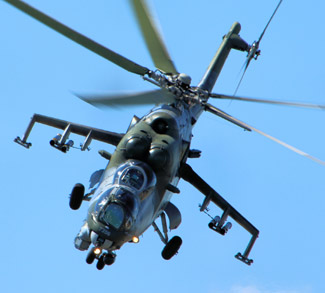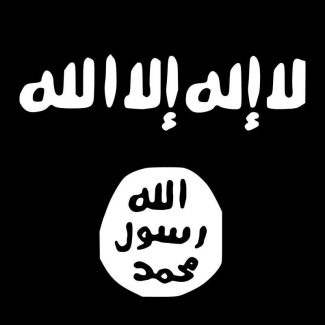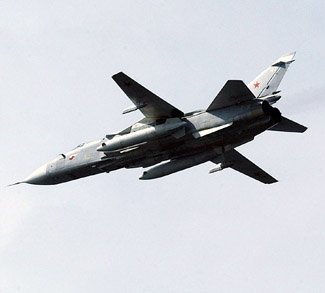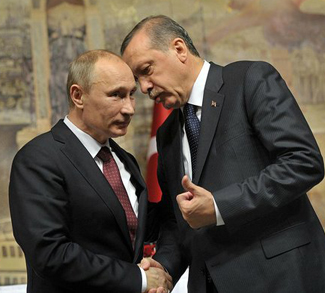Summary
Russia has lost a Su-24 over Syria in a major international incident, and the immediate response has been incredulity and sabre-rattling. “There will be serious consequences,” warned an almost crestfallen Russia President Vladimir Putin in the immediate aftermath of the incident. But what will these consequences be? Direct military confrontation is off the table, as Russia is already grappling with several conflicts along its periphery and the economic sting of low energy prices and Western sanctions. Turkey is also a NATO member, raising the spectre of Article 5 being invoked should the Turkish and Russian militaries clash head-on.
Yet this doesn’t mean that Russia is without options. There are two avenues through which the Putin government can seek to punish Ankara: the economic and the covert.
Impact
A Controlled Unraveling of an Important Economic Relationship
Turkey is highly reliant on Russian energy gas exports, which have accounted for around 60% of the country’s gas consumption through 2015. When Iran, another Assad supporter, is added into the mix, the two countries account for three quarters of Turkey’s gas imports and one third of its oil.
One strategy being floated by the Russians is a disruption in the gas flow or an increase in the price of exports, but it remains to be seen whether the Putin government would want to trifle with one of its own important export markets at a time of general austerity and belt-tightening throughout the Russian energy industry. A disruption would also put Gazprom in dereliction of its contractual obligations, resulting in more fiscal pain from legal fees.
The two countries share a robust trade relationship at a time when both are suffering from economic hardships. Bilateral trade between Turkey and Russia was worth around $32 billion in 2013, and Russia was Turkey’s seventh-largest export market and largest import provider in 2014.




